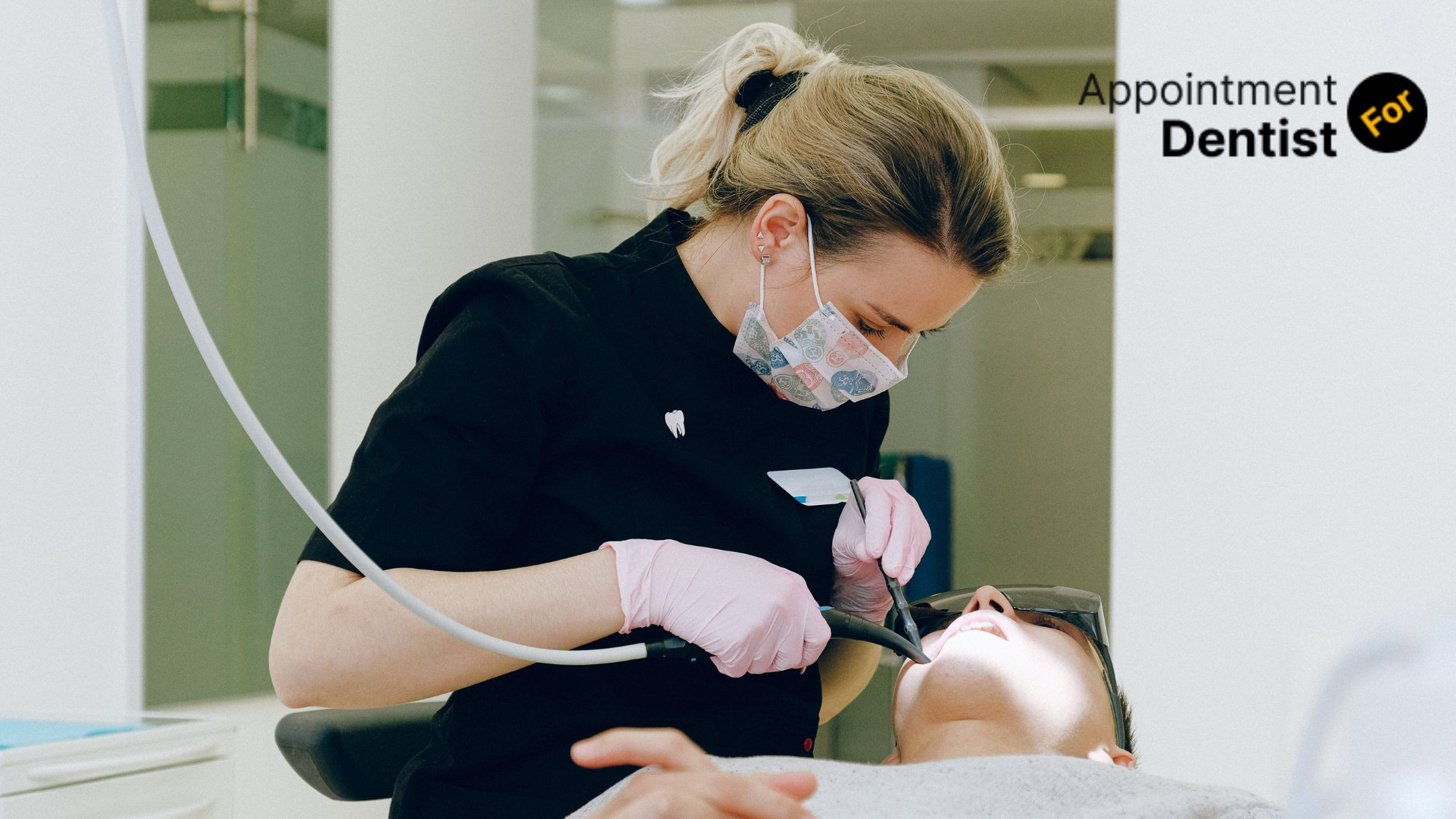AI-powered Diagnosis and Treatment: Transforming Dentistry with Robots and Algorithms
Posted on January 16, 2024 by Admin

From Superhuman Eyes to Personalized Plans:
Eagle-eyed Diagnosis:
Early Intervention:
Tailored Care:
From Sci-Fi to Reality: Robotic Surgery
Precise Navigation:
Ethical Considerations: Navigating the Future Responsibly
Data Privacy :
Transparency is Key:
Affordable Solutions:
Improved Oral Health Outcomes:
Empowered Dentists:
Reduced Fear and Anxiety:
Faqs
-
1. How does AI contribute to the diagnosis of dental conditions?
AI aids in dental diagnosis through advanced image recognition algorithms. By analyzing radiographs, scans, and photographs, it enhances precision, identifying abnormalities and detecting
-
2. Can AI assist in treatment planning for dental procedures?
Yes, AI streamlines treatment planning by analyzing patient data, treatment histories, and medical records. This aids dentists in creating personalized treatment plans, optimizing decision
-
3. What role do robots play in dental procedures?
Robots are integrated into dental procedures for tasks such as surgical assistance and precise drilling during restorative work. They enhance accuracy, reduce recovery times, and provide a
-
4. How does AI contribute to preventive dentistry?
AI in preventive dentistry analyzes patient habits, dietary patterns, and oral hygiene routines. This proactive approach aims to predict and prevent potential dental issues, reducing the o
-
5. What challenges and ethical considerations are associated with AI in dentistry?
Challenges include data privacy, algorithm bias, and maintaining a balance between technology and human touch in patient care. Ethical considerations revolve around ensuring fair and unbia
Recent Post
- The Importance of Oral Health Education for Children
- How to Choose the Right Orthodontic Treatment for Adults
- The Link Between Oral Health and Stroke Risk
- How to Address and Prevent Gum Recession
- Innovations in Dental Anesthesia: Pain-Free Procedures
- The Role of Saliva in Oral Health: Functions and Disorders
- Exploring Holistic Dentistry: What You Need to Know
- How Oral Health Affects Your Immune System
- The Benefits of Using Dental Probiotics
- Oral Health and Pregnancy: Myths and Facts